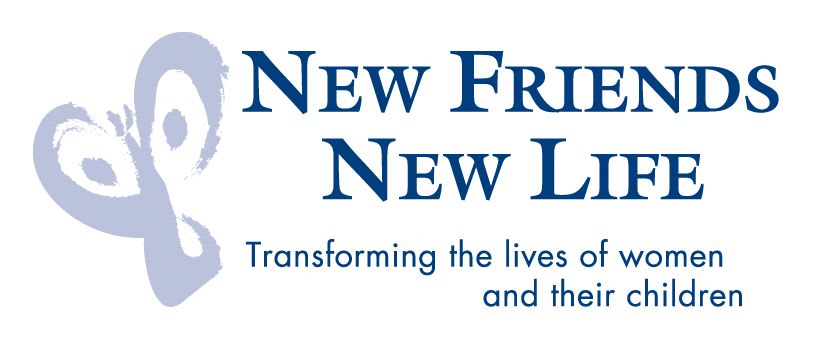Helping New Friends Find New Life: Profile of Stephanie Clanton:

After spending a summer in India and Nepal living with women rescued from the slave trade, Stephanie (Reese) Clanton knew she “couldn’t do anything else but minister to this population.” Stephanie talks with DTS grad April Frazier about the work that has changed her life.
How did you first get involved with the fight against human trafficking?
I was at a missionary conference my senior year of college. As I was praying during the conference, a thought popped into my head about ministering to prostitutes. It was a really odd thought to me because I didn’t know any ministries like that existed. The next morning during the main session the founders of Project Rescue spoke. They run safe homes for sex-trafficked victims, and they help them leave the sex-traffic world. I spoke with the founders later, and they invited me to participate in an internship with seven other girls. So I spent the summer of 2007 in India and Nepal living with and ministering to rescued women in the Homes of Hope.
How did this experience change you?
My life was forever changed after living with the Project Rescue women. At the end of my internship I knew I couldn’t do anything else but work with this population. So I geared my DTS classes and electives in counseling toward ministering to these women. At first I thought my only option was to return overseas to participate in a ministry like this, but then a friend told me about New Friends New Life (NFNL), an organization that helps women leave sexually oriented businesses in Dallas. So I visited their office and loved what they were doing. I did my counseling internship there for DTS, and a year after my internship, they hired me to be a protégé counselor.
What do you do as a protégé counselor?
I do individual therapy for all our protégés, who are the women who have been accepted into the program after they have applied. I also run group therapy sessions on abuse, and I do family therapy for the protégés’ children. I try to develop networks with other counselors and psychiatrists in the area who can also offer pro-bono work for the women. All the protégés are assigned a social worker who helps them set up action plans, whether going back to school, finding a job, or getting their felonies or misdemeanors taken off their record so they can find jobs and housing and take care of their kids. At NFNL we basically help the women get to a point where they can be self-sustaining and self-supporting.
How can others help the work you are doing?
People can help by getting churches to aid such women. They see Christ in us, but they feel very uncomfortable stepping into a church. Sometimes they don’t know how to dress or how to censor what they share. So make your church congregation more aware of how to receive these women and how to treat them and love them. They need church members to walk alongside them and encourage them.
Another way people can help is to volunteer at NFNL or another organization that does something similar. Educate yourself about the world of human trafficking and meet some of its victims. When you come face to face with this reality, it will deeply affect you.
What has had the most impact for you as you work with these women?
I’m just so proud of them. Often I hear more truth and wisdom from them than I do in a small group from my church. They speak such raw truth. It’s uninhibited, so it comes out bluntly, but it’s sincere. They soak up information. They are inquisitive, and they want to know about God. I see why Jesus loved the people with whom the Pharisees did not associate. They are at a place where they are so ready for hope.


